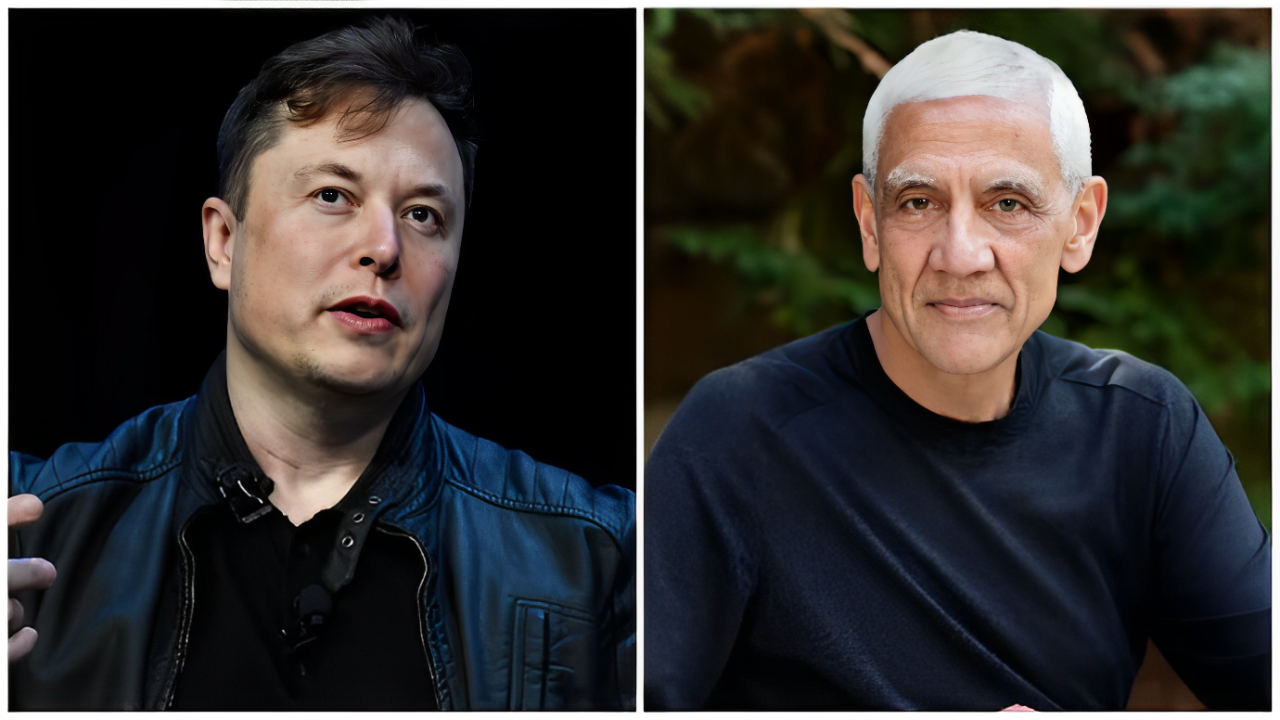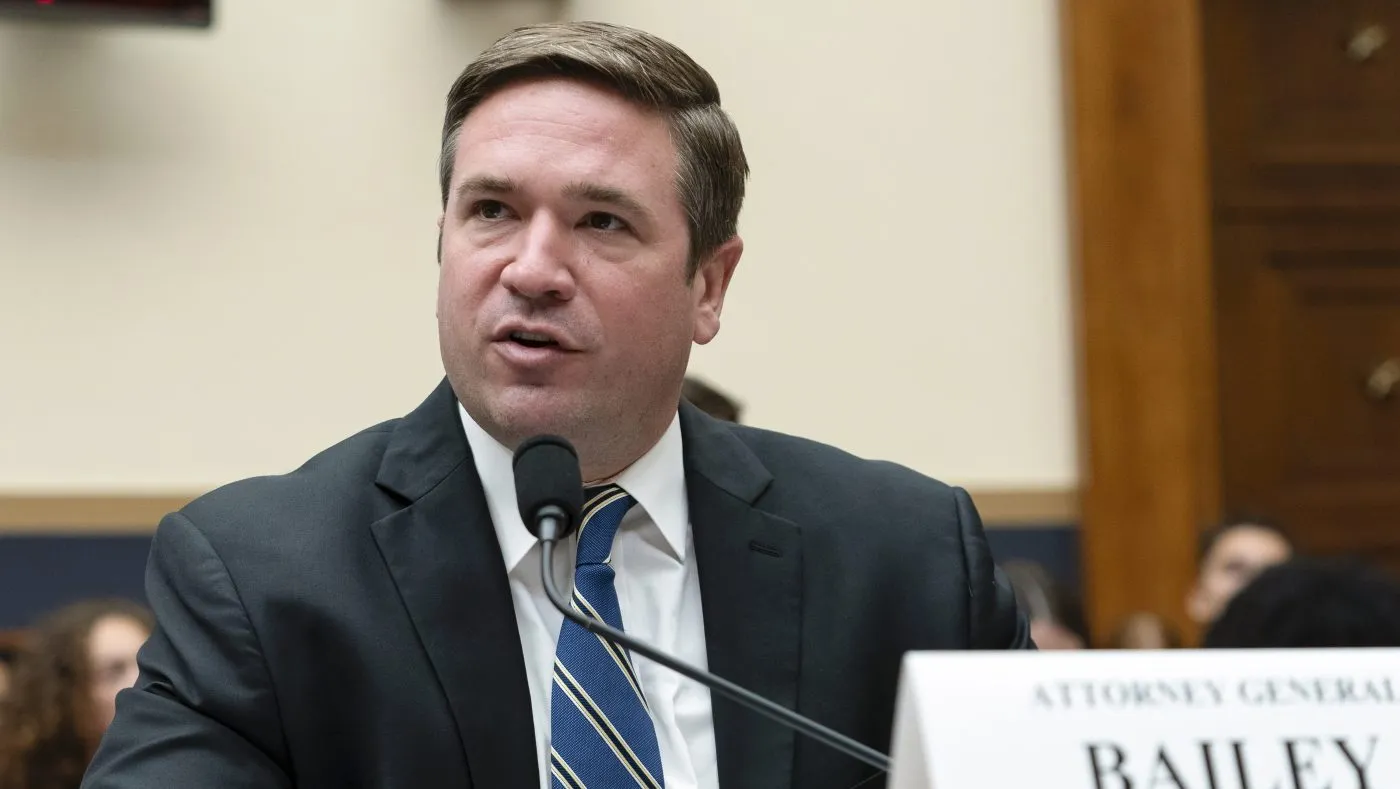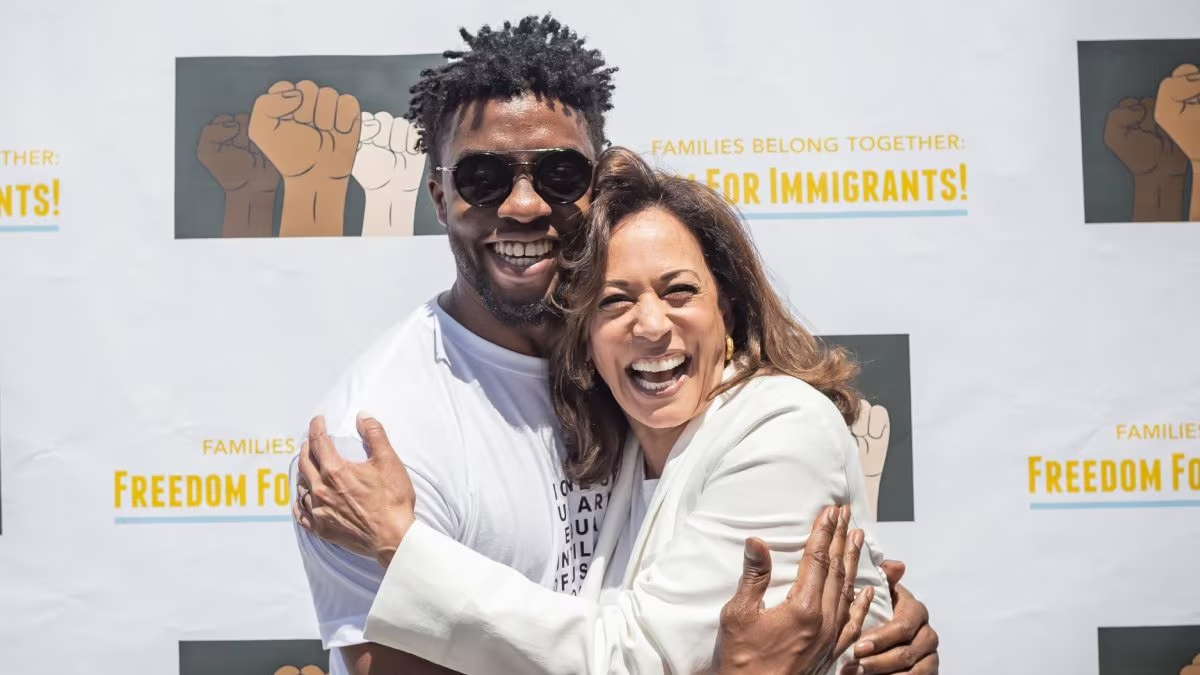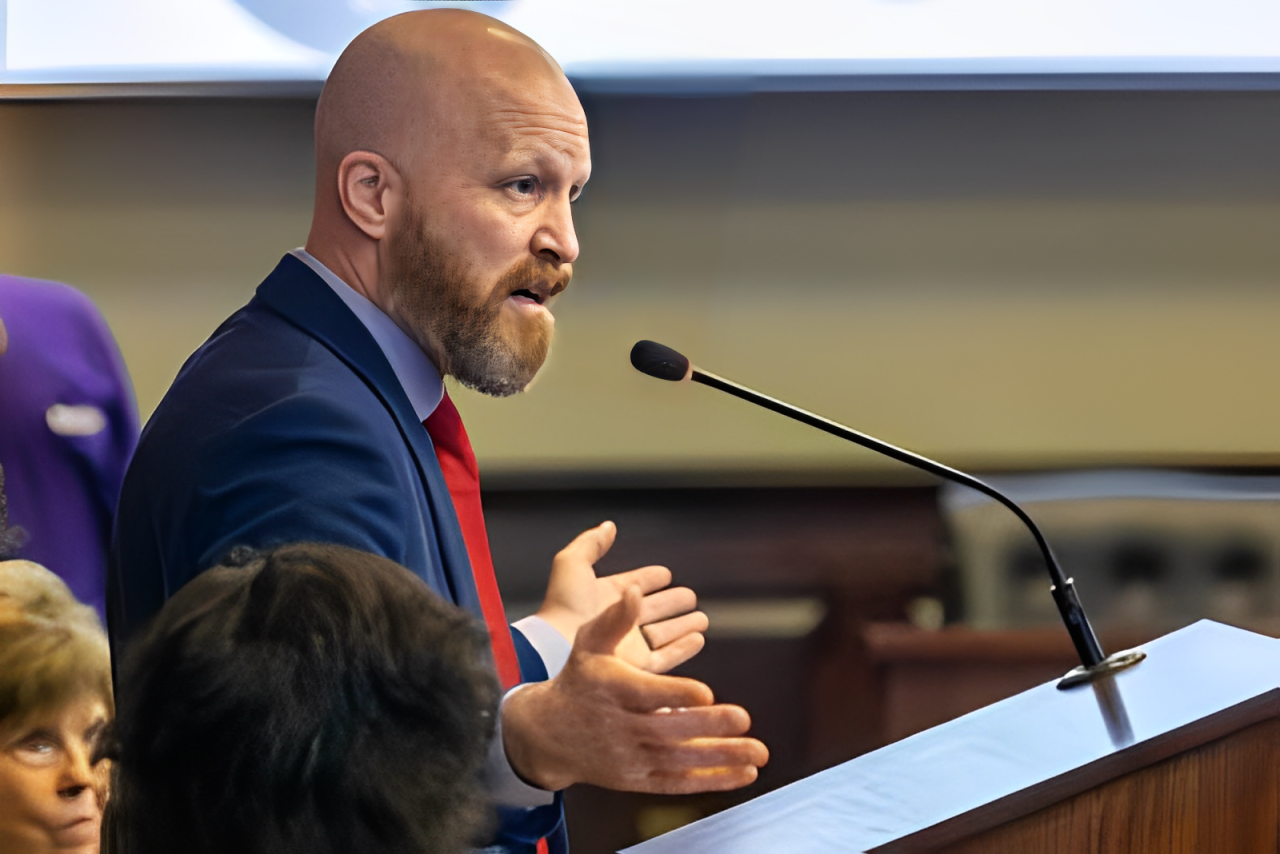President Joe Biden stepped out of the 2024 presidential race, and the political landscape shifted. This sparked a notable exchange between tech moguls Elon Musk and Vinod Khosla. The disagreement highlights a significant divide in the tech and investment community regarding political support and values.
Vinod Khosla, a prominent venture capitalist and OpenAI investor, took to social media to advocate for a moderate candidate from the Democratic Party who could potentially defeat former President Donald Trump.
Following Biden’s exit, Khosla suggested that figures like Michigan Governor Gretchen Whitmer, Pennsylvania Governor Josh Shapiro, Vice President Kamala Harris, or Kentucky Governor Andy Beshear could be viable contenders. He emphasized that these leaders could guide the U.S. without being caught between extreme MAGA and DEI ideologies.
Elon Musk, the CEO of Tesla and a known Trump supporter, responded with a terse message: “Come on, Vinod. Trump/Vance LFG!!” Musk’s endorsement of Trump followed a recent show of support for the former president, who Musk had praised despite Trump’s unawareness of Musk’s rumored $45 million monthly donation to a pro-Trump super PAC.
Khosla, a Democratic donor who previously supported Hillary Clinton and hosted a fundraiser for Biden, expressed his difficulty in supporting Trump. He criticized Trump’s values, noting that the former president’s actions and attitudes—such as dishonesty and derogatory views towards women and immigrants—made it challenging for him to back Trump. Khosla also questioned the implications of Trump’s policies on climate change and global leadership.
And @elonmusk are you willing forgive him for trying to subvert democracy on Jan 6 and push for insurrection just to win? He was doing everything, illegal or not, to try and win while his own deeply partisan cabinet tried to control him and get him to stop https://t.co/mPH4X5Ug7E
— Vinod Khosla (@vkhosla) July 21, 2024
In their online exchange, Musk argued that the Republican Party now better represents individual freedoms compared to the Democratic Party. Musk admitted Trump’s flaws but stressed the need for a government that promotes meritocracy and personal freedoms over stringent regulations.
While Khosla agreed on the importance of meritocracy, he remained critical of Trump’s stances on climate issues and America’s role on the world stage. Khosla continued to voice his concerns about Trump’s energy policies, such as “drill, baby, drill,” and his stance on NATO.
Musk, in turn, defended the necessity of the oil and gas industry while highlighting the rapid growth of sustainable energy production, which he believes will outpace hydrocarbon use regardless of Trump’s policies.
The debate also touched on democracy and insurrection. On January 6, Khosla questioned Musk about Trump’s alleged attempts to undermine democratic processes. Musk did not respond to this query.
As the conversation unfolded, Sam Altman, CEO of OpenAI, remained silent on the matter. Meanwhile, Musk shared that Biden’s withdrawal announcement had been widely viewed on social media, with some of Musk’s associates, including lifelong Democrats, expressing excitement about Trump’s potential candidacy.
Also Read:
- Biden Angers Democrats with “Pathetic” Tweet About Being Sick After COVID!
- Thomas Matthew Crooks Named as Suspect in Trump Rally Shooting Incident!
- Mark Cuban: Tech Leaders in Silicon Valley Support Trump Because He Could Increase Bitcoin Value!
Meta’s Chief AI Scientist, Yann LeCun, critiqued Musk’s circle, implying that their intelligence was questionable in response to Musk’s remarks. The clash between Musk and Khosla underscores the ongoing tension in American politics, particularly within the tech industry, regarding support for political figures and their policies.



